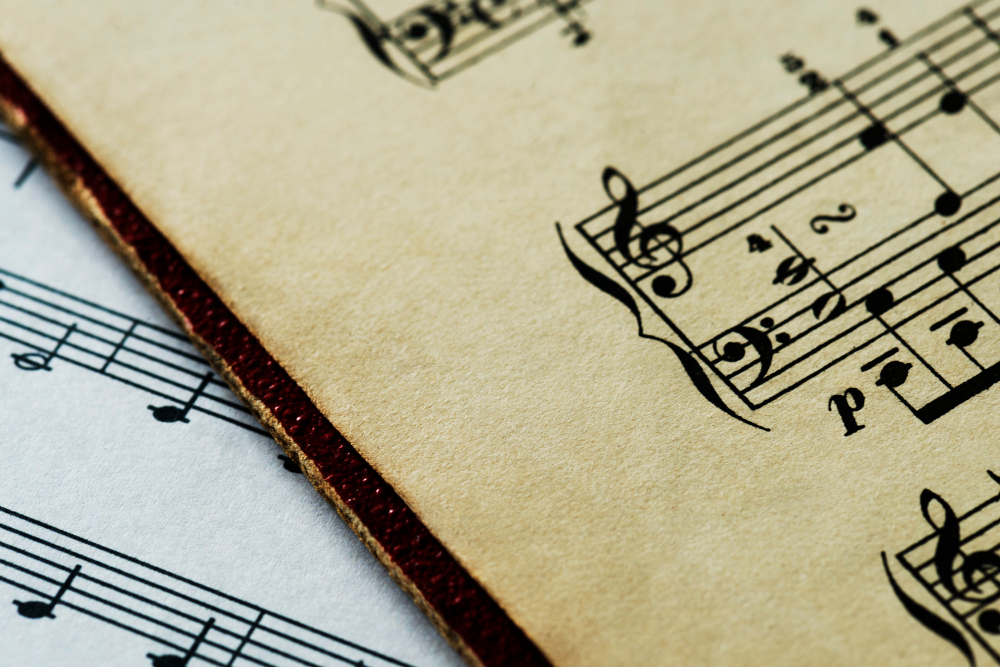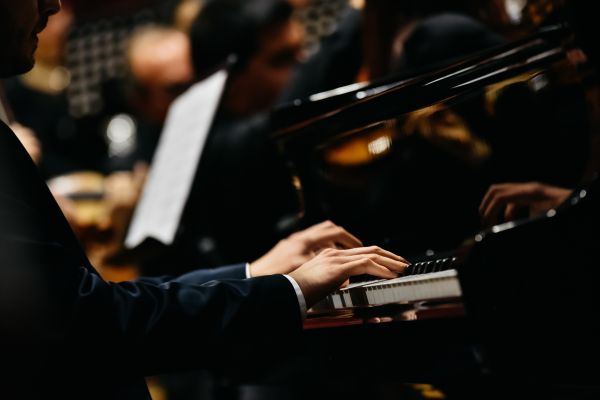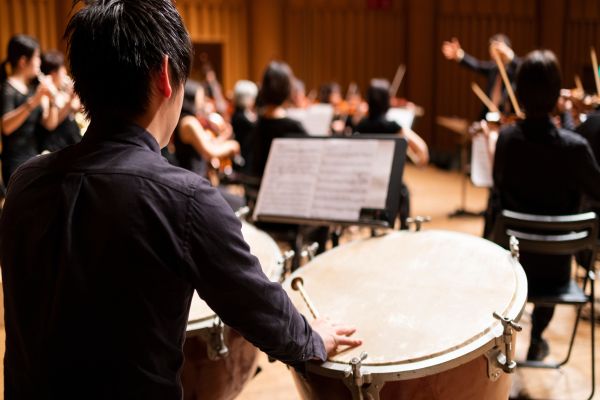While you certainly need a piano if you want to learn it, here are five other things you will need if you are serious about learning the piano.
-
Discipline
This is one of the most important qualities you must possess if you want to learn the piano or any instrument. To progress learning the piano you need to put in regular practise time, and this is only possible if you are motivated and disciplined. Children will often find practising as a boring and mundane task and it is recommended that parents set aside a “practise time” for their children every day to ensure regular practise happens. Older students who are having trouble maintaining a consistent practising schedule can maintain a practise calendar where he or she marks every day he or she has practised. This way, they will know how many days went without practising at the end of a week or month and it will motivate them to strive harder to be more consistent. Practise sessions must also be focused and mindful without any distractions like mobile phones or irrelevant conversations with people nearby during the practise session.
-
Resilience
Resilience is the ability to withstand or recover quickly from difficult situations. There might be many situations where you just cannot play something correctly despite putting in your best efforts. Perhaps you were confident you could play something but messed up when you actually performed in front of an audience. In such times, it is important that you do not lose hope and become depressed. By critically analysing the problem, you will be able to come up with a solution. It could be that you are using the wrong technique or perhaps the piece is way beyond your current level or maybe you have not had enough experience performing in front of an audience. A good teacher can also help you with these answers if you are not able to come up with solutions for your problems.
-
Stop comparing yourself with others
Just as no two individuals are exactly alike, every person has their own strengths and weaknesses. Some people can do certain things better than you and you would also be able to do certain things better compared to several other people. Due to this, it is pointless to compare yourself with others as it will only demotivate you. There will always be someone who can play better than you or someone who learnt a piece effortlessly while you had to struggle with it for weeks. The only person you should be comparing yourself with is your past self. Have you become better compared to how you were last week, last month or last year? If you have been doing your best, your answer will definitely be a “yes”!
-
Passion and Love for music
It is a no-brainer that if you want to learn an instrument you need to love music. While many younger children may not exactly show “passion or love” for music, it is a good idea to introduce them to music as long as they do not display a strong aversion towards playing the piano or listening to music. Just like children are taught a variety of subjects in school and they get to choose and specialise in a specific subject once they become older, music can also be introduced to their lives at a young age and they can decide if they want to continue with it once they become older and mature.
-
Good teacher
A teacher can make or break a student’s musicianship. Having the guidance of a good teacher plays an extremely important role in how the student learns and progresses. Incorrect playing techniques can be very difficult to rectify if they are left unchecked for a long time and could also result in physical injury. A good teacher not only knows his or her subject but also has the temperament to deal with students. There are many subject experts who may not necessarily be good teachers and there are also many teachers who are not strong at their subject but appear to have good temperaments. The challenge is to find someone with both expertise and temperament for teaching. At Encore Piano Academy, we ensure that our teachers have at least a Grade 8 or equivalent certification in Piano from an internationally recognised exam board. We follow an “assertive yet compassionate” approach when it comes to teaching where we place importance on how the student plays, behaves and responds in class, while also keeping in mind the emotional well being of the student as every student is different and have their own learning curve and challenges.



